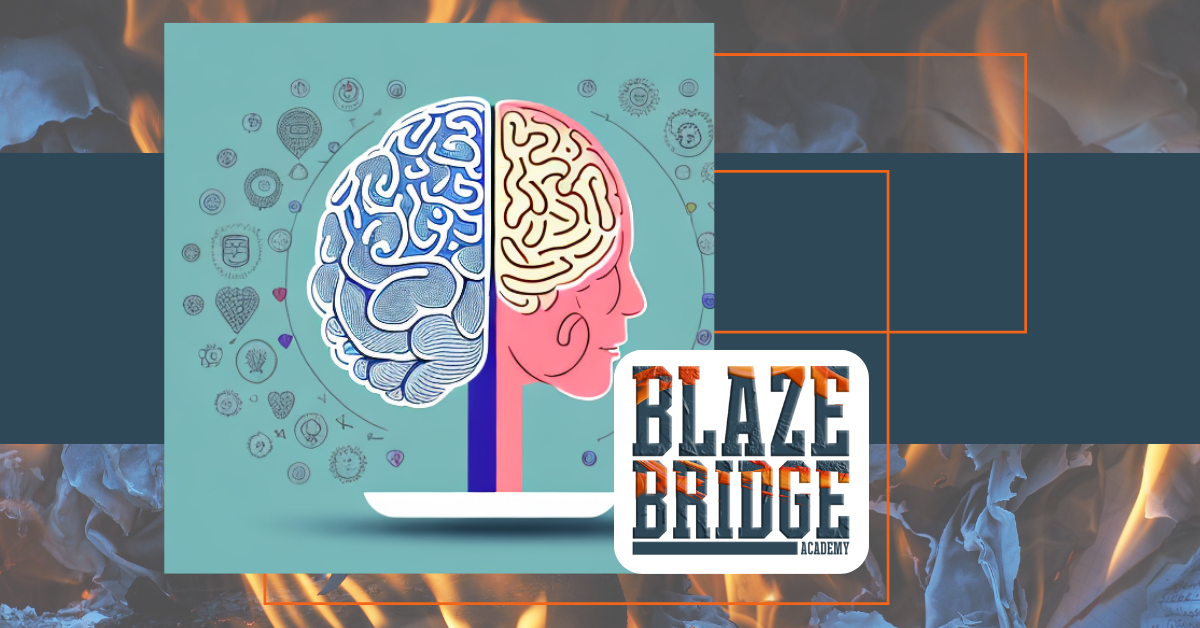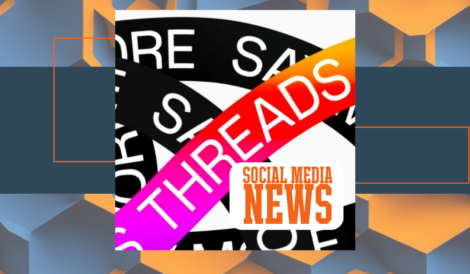In today’s digital age, social media has become an integral part of our lives. From connecting with friends and family to promoting businesses and sharing our passions, it offers countless opportunities. However, the constant exposure to the world of social media can take a toll on your mental well-being. If you’re a social media professional or someone who spends a significant amount of time on these platforms, it’s crucial to prioritize your mental health. In this article, we’ll explore five strategies to help you safeguard your mental health while working in social media.
The Impact of Social Media on Mental Well-being
Before we delve into the strategies, let’s first understand the link between social media and mental health. Research has shown that excessive use of social media can contribute to feelings of anxiety, depression, and loneliness. The constant comparison to others’ highlight reels and the pressure to present a picture-perfect life can easily take a toll on your mental well-being. It’s important to be aware of these risks and take proactive steps to protect yourself.
Understanding the Link Between Social Media and Mental Health
One of the key aspects to consider is the impact of social media on self-esteem. Seeing carefully curated posts can create unrealistic expectations and foster feelings of inadequacy. It’s crucial to remind yourself that social media is often a highlight reel rather than an accurate representation of someone’s life. Cultivating a healthy perspective is the first step towards protecting your mental well-being.
Moreover, social media platforms have become a breeding ground for cyberbullying. The anonymity and distance provided by the online world can embolden individuals to engage in hurtful behavior. This constant exposure to negativity can have a significant impact on mental health, leading to increased stress and emotional distress. It’s essential to recognize the signs of cyberbullying and take appropriate measures to protect yourself and others.
Additionally, social media can be addictive, leading to excessive screen time and a constant need for validation. While receiving likes and comments can be rewarding, it’s important to remember that your self-worth should not be solely dependent on virtual engagement. Prioritizing real-life interactions and hobbies outside of social media can help maintain a healthy balance.
The Dark Side of Social Media: Mental Health Risks
Now that we understand the potential risks, let’s explore how to protect your mental health in the world of social media. The first strategy is finding balance. It’s crucial to set boundaries and establish limits on your social media usage. This can include designating specific times for checking your accounts and avoiding mindless scrolling. By creating a structured approach, you can prevent social media from consuming your entire day.
Another important strategy is taking a digital detox. Periodically disconnecting from social media allows you to recharge and focus on real-life experiences. Consider setting aside a day or weekend each month to completely disconnect from your devices. Engaging in activities that bring you joy and fulfillment outside of the digital world can have a positive impact on your mental well-being.
Setting healthy work-life balance is essential for anyone working in social media. With the constant accessibility of technology, it can be tempting to always be “on.” However, it’s important to establish boundaries between your work and personal life. Set designated work hours and have clear guidelines for when to disconnect. This will prevent burnout and ensure you have time for self-care and relaxation.
Creating a Positive Online Experience: Curating Your Social Media Feeds
Curating your social media feeds is another strategy that can greatly impact your mental health. Unfollow accounts that trigger negative emotions or make you feel inadequate. Instead, follow accounts that inspire you, share valuable content, and promote positive messages. By surrounding yourself with uplifting and supportive content, you can nurture a more positive online experience.
Building offline communities in a digital world is also crucial for your mental well-being. Seek out like-minded individuals and engage in real-life activities together. Whether it’s attending meetups or joining hobby groups, connecting with others offline can provide a sense of belonging and support.
Recognizing when to ask for help is another important aspect of safeguarding your mental health. If you’re feeling overwhelmed, stressed, or experiencing symptoms of burnout, don’t hesitate to reach out to professionals or seek support from your loved ones. Mental health should never be neglected, and there are resources available to help you navigate the challenges of working in social media.
Tools for Mental Well-being: Top Apps for Social Media Managers and Creators
Finally, let’s explore some tools that can support your mental well-being as a social media professional. There are numerous apps available that focus on mental health, mindfulness, and stress reduction. From meditation apps like Headspace and Calm to mood tracking apps like Daylio, these tools can help you maintain a healthy mindset amidst the demands of your career.
Additionally, staying organized and managing your time effectively can significantly reduce stress. Utilize productivity apps like Trello or Asana to stay on top of your tasks and prioritize your mental well-being. By streamlining your workflow, you can create a more balanced and less overwhelming work environment.
In conclusion, working in social media can be both rewarding and challenging. However, it’s important to prioritize your mental health to avoid burnout and maintain a positive well-being. By finding a balance between your online and offline life, curating your social media feeds, seeking support, and utilizing tools for mental well-being, you can navigate the world of social media with a strong focus on self-care. Remember, your mental health is invaluable, and safeguarding it should be your top priority.




